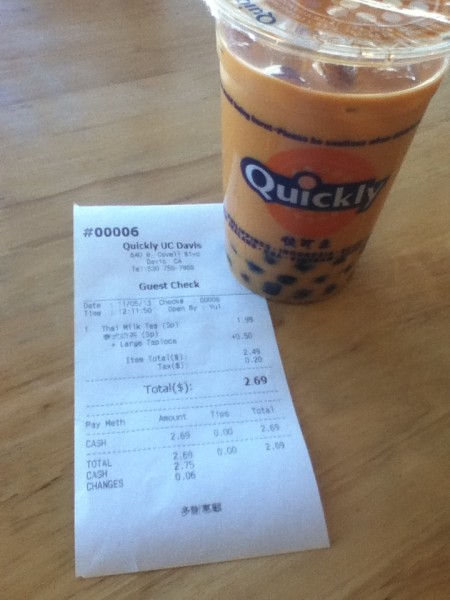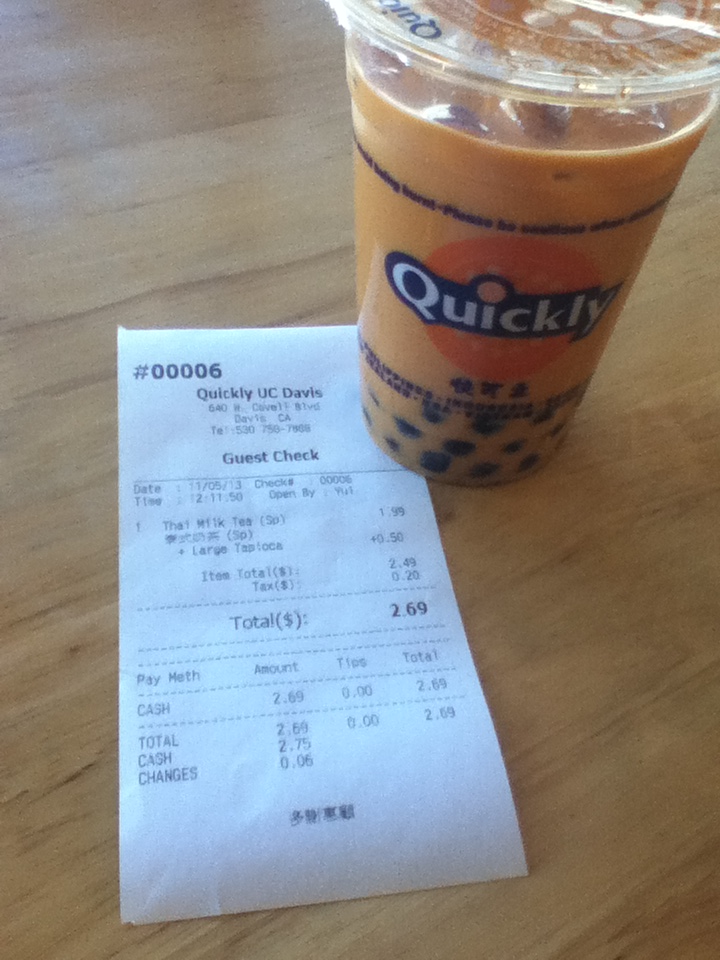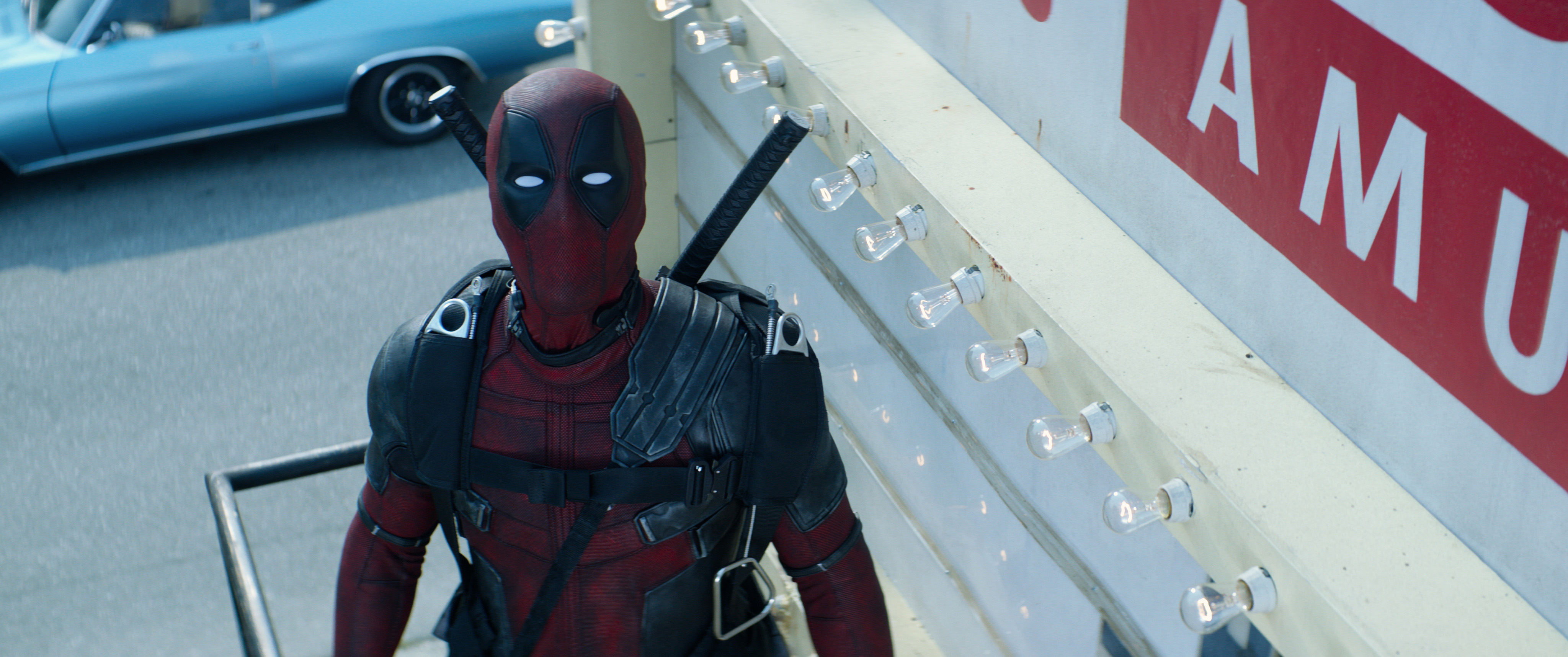Sugar consumption threatens students health

Bluedevilhub.com Staff–
Three high-school students stand in line, faces blank as they regard the wall and its monstrous multilingual menu. Behind the counter, a frazzled clerk hurries to take newcomers’ orders. Chinese music videos play on two large television screens mounted near the ceiling. Beneath one, a poster urges customers to try “New Healthy Fashion Food!”
It is lunchtime at Quickly, and the tea shop is bustling.
Quickly is a popular destination for Davis High students on the so-called Sophomore Walk. The clientele skews young, and according to cashier Yui Wang, there is “almost always a lunch rush” of students from Davis High.
From a student’s perspective, Quickly has many things in its favor. It features bubble tea, the fad beverage that includes small balls of tapioca called “boba.” It is an easy walk from the high school. And its menu items, at 5 dollars or less, appeal to students’ budgets.
The real cost of bubble tea may be far greater, however. A UCLA study completed in October 2013 indicates that teens are drinking more sugar-sweetened beverages (known as SSBs) than ever before.
According to the study, 60 percent of teens consumed a sugar-sweetened beverage every day in 2007. By 2012, that number had climbed to 65 percent.
“We do not know all of the factors that may be contributing to the increase in SSB [sugar-sweetened beverage] consumption among teens,” the study’s lead author Dr. Susan Babey said.
In fact, soda consumption had declined slightly from 2012 to 2007, according to Babey. But teens are still consuming many other sugar-sweetened beverages, including energy drinks and bubble tea.
According to the UCLA study, sugar-sweetened beverages do not contain any necessary nutrients and do not help people feel full. As a result, people drink the beverages in addition to, not instead of, other food. They consume more calories, placing themselves at a greater risk for obesity and other health problems.
However, Alyssa Vitangcol says she does not go to Quickly looking for health food.
“We just eat it because it’s good,” Vitangcol said.
Junior Enoch Lin also does not consider the health effects of bubble tea when he buys it.
“I think when you go out to eat, you shouldn’t worry,” Lin said.
But how much sugar is there, exactly, in a serving of bubble tea? That is not an easy question to answer.
Cashiers, when asked if nutrition information is available, shrug and apologize. Major tea brands such as Quickly list menus on their websites but no nutrition facts. And one large bubble tea chain, Lollicup, once had nutrition information on its website but has since taken it down.
According to the online calorie counter Calorie King, there are 2.3 grams of sugar in every fluid ounce of plain black milk bubble tea. Quickly’s smallest tea container is 16.9 ounces. That is around 39 grams of sugar—over nine teaspoons.
With concern over America’s health problems on the rise, sweet beverages are under more scrutiny. But bubble tea franchises continue to do business. “Trendy Impact All the World” declares one Quickly poster, with photos of Quickly stores in Australia and the Philippines to prove the point.
This spread of sugar consumption has nutritionists worried. Dr. Babey’s study suggests limiting the marketing of sugar-sweetened beverages as a way to curb adolescents’ consumption. Another option is to treat sugar-sweetened beverages as a special treat rather than a daily indulgence.
Sophomore Camille Johnson goes to Quickly once or twice a week.
“I don’t think it’s really bad for you, but it’s not the best thing to have every day,” Camille said.


